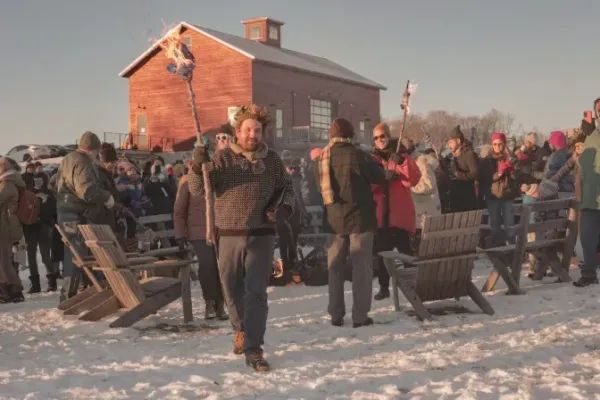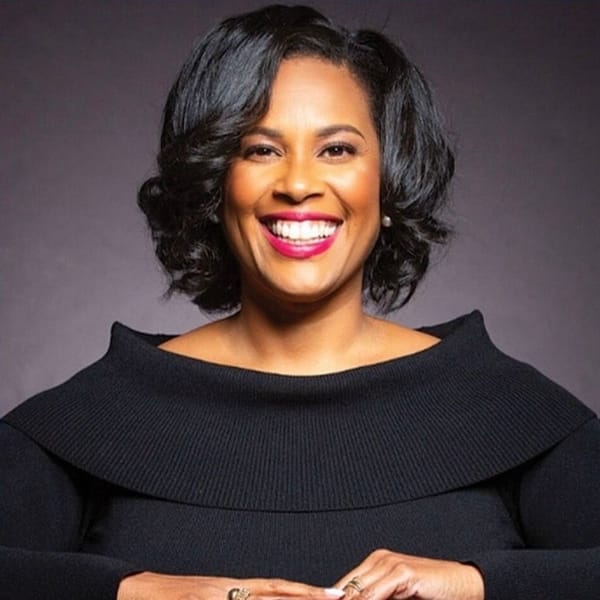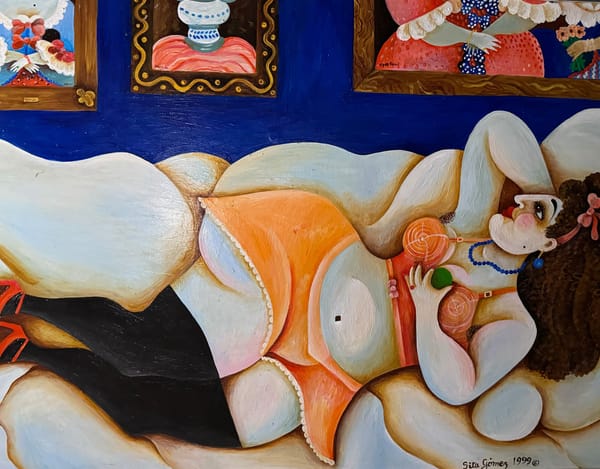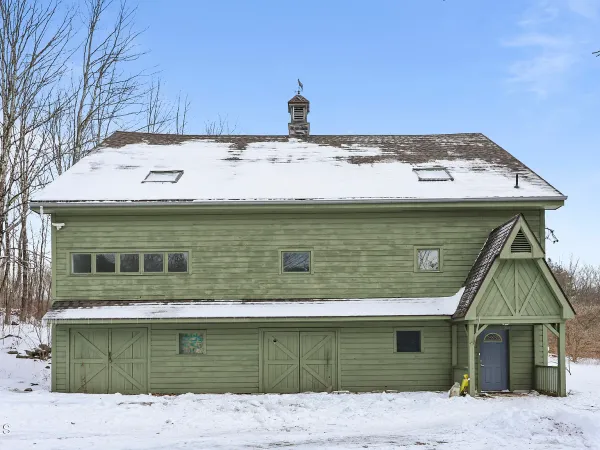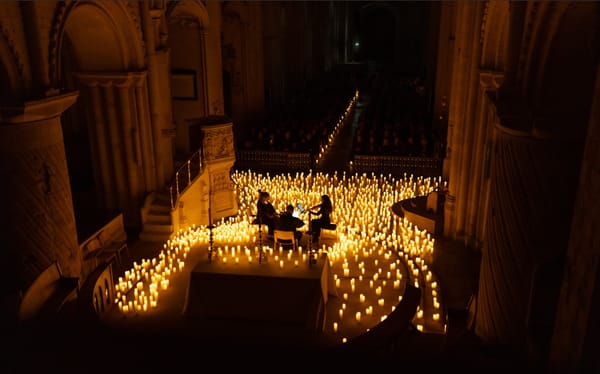The Rural We: Sharon Charde
The author and poet taught poetry to young women in a residential treatment center and learned about herself in the process.

The author and poet taught poetry to young women in a residential treatment center and learned about herself in the process.
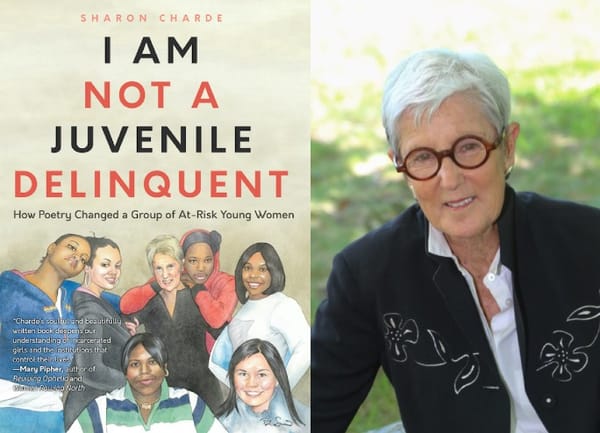
Author photo: Joanna Eldredge Morrisey
- Author photo:Lakeville, Conn. resident Sharon Charde is an author and poet who leads women’s writing retreats. Her new book, "I Am Not a Juvenile Delinquent: How Poetry Changed a Group of At-Risk Young Women," tells the story of her years volunteering as a poetry teacher at a residential treatment facility for “delinquent” girls. Still grief stricken over the loss of one of her sons in a tragic accident some years before, she finds that the mutual support between the girls and herself — and the power of rehabilitative poetry — helps her let go of much of her grief. Charde will be sharing the story of her personal healing via a virtual event sponsored by the Scoville Memorial Library on Feb. 11 at 7 p.m.
I grew up in Newington, Conn., and went to college in Washington D.C. I married young and had two children. My husband took a job as a pediatrician with the Sharon Clinic. After my youngest son started high school, I went back to school and got a masters in counseling; gender issues and family therapy were compelling to me. I worked as a counselor and family therapist, and after I lost my son, I opened my own practice in Lakeville.
With one child gone and the other off to college, I thought, what’s left for me? I ended up going to study writing with Natalie Goldberg in Taos, which changed my life in a very profound way. I went out there many times and started my own women’s writing group, which I’ve done for over 30 years. I began to write poetry seriously and studied with Sharon Olds and others, at Omega and in California. I started going to residencies — MacDowell, Yaddo, the VA Center for the Creative Arts.
But I still felt restless. I’d always wanted to work with incarcerated women, and it was suggested to me that I approach Touchstone, a residential treatment facility for girls in Litchfield. When I first met with the girls, I read them a story and asked them to write about what they heard me read. They all had stories of their own. They had such talent, and had no problems putting it out there. More than 100 girls came through the Touchstone program when I was there. We kept the program going for 16 years.
What had happened without my realizing it was I didn’t want to give up my grief. But in my time with “my girls” I learned I needed to carry it differently. As more of my heart and life began to be filled with them, their stories and pain, my love for them grew and put my grief in a different place. I had metabolized it.
The themes in this book are so timely, with the voices of the (mostly) black and brown girls, and the need of our country to hear their voices. And everyone is coping with loss and trauma right now. Everybody’s suffering.
I’m still teaching my women’s writer groups on Zoom. I have a husband, a dog, a big garden. It’s a very rich, full, great life.
